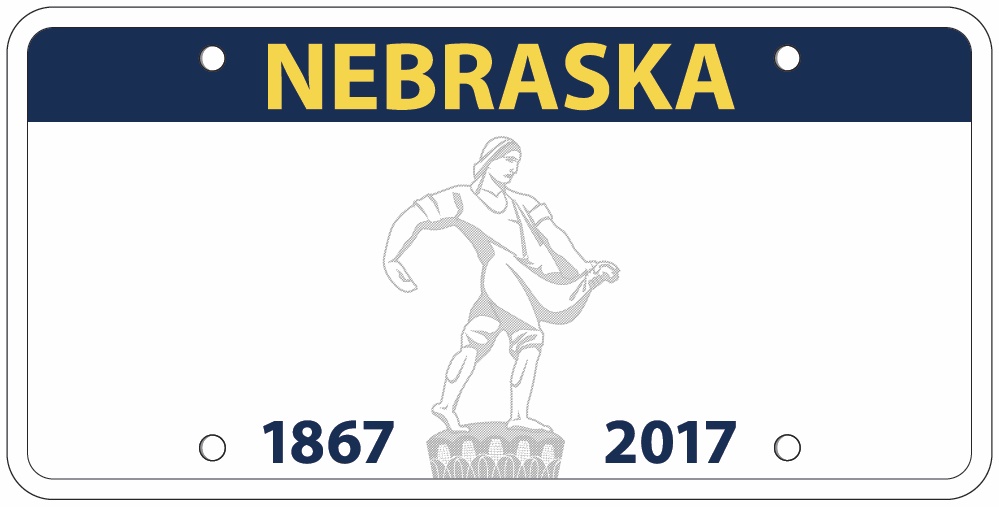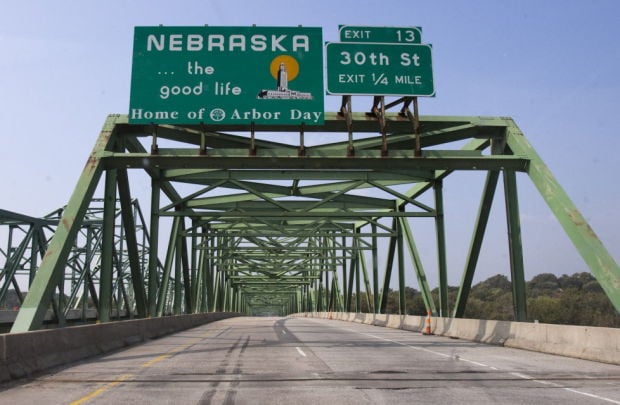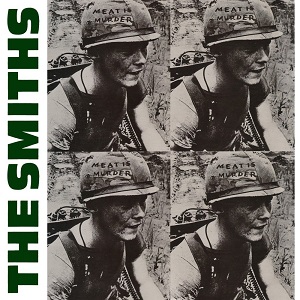This license plate redesign was the subject of much more discussion than the presidential election in my home state this week
Whenever I go back home to Nebraska I always keep my ears open to gauge the political mood, mostly because the political worlds of the Great Plains and the Northeast are so foreign as to be different countries. Nebraska (especially central Nebraska, where I'm from) is one of the reddest states in the country, and hasn't voted for a Democrat since the LBJ landslide of 1964. New Jersey, after decades of swinging back and forth, hasn't gone for a Republican since Bush the Elder in 1988. Essex County, New Jersey, where I live now, gave Obama 77.4% of the vote in 2012, compared to 32.1% for Obama in Adams County, Nebraska.
The differences have been striking. I remember back during the Tea Party upswing in 2009-2010, and hearing folks who I never pegged for that kind of thing loudly saying stuff like "America is a republic, not a democracy!" I head a lot about creeping socialism. I saw a sign in the window of a gun store breaking Godwin's Law. The attempt that the Republican party was making to oppose president Obama with massive resistance, assisted with the radical voices of the likes of Glenn Beck on Fox, was really having an effect. The whole atmosphere just seemed politically supercharged with Bircher ideas out in the mainstream, which surprised me considering that my home state's conservatism rarely tended in the radical direction.
I would have expected a lot of that charge in the air when I visited this week. After all, this is a hotly-contested election year. Despite that fact, the political issue most discussed in my time in Nebraska was the new design for the state's license plates, which many people in the state find to be sub-optimal. (I concur) I heard a great deal of passion on this issue, which might seem esoteric to an outsider. The silence on the presidential election, in contrast, was very telling. I heard the real estate developer's name spoken only once, and in disgust by a dedicated, conservative Republican. So what happened?
A look at the electoral map shows that Trump is very weak in the Plains states. His style rubs people the wrong way in a place where humility and substance are valued across the political line. Trump also has a very hard time getting the votes of regular church-goers outside of the South, and that demographic is the core of the Republican party in places like Oklahoma, Iowa, and Kansas, states that Trump has lost. The Republicans I know in Nebraska tend to be church-goers, and to place a great deal of importance on "values" issues. Trump disgusts them, but they don't really seem enthusiastic for any of the alternatives, even though Cruz has been trying hard to woo this group.
The lack of discussion of politics reminded me a lot of the later Shrub years, when even his former die hard supporters began to see him as an embarrassing screw-up. The silence I heard in Nebraska this time around spoke volumes, both about the feelings of many Republicans toward their party, but also for Democratic prospects in the upcoming election. Whenever conservatives in my home state seem low-energy, it's a pretty good indicator that their party is about to lose.











